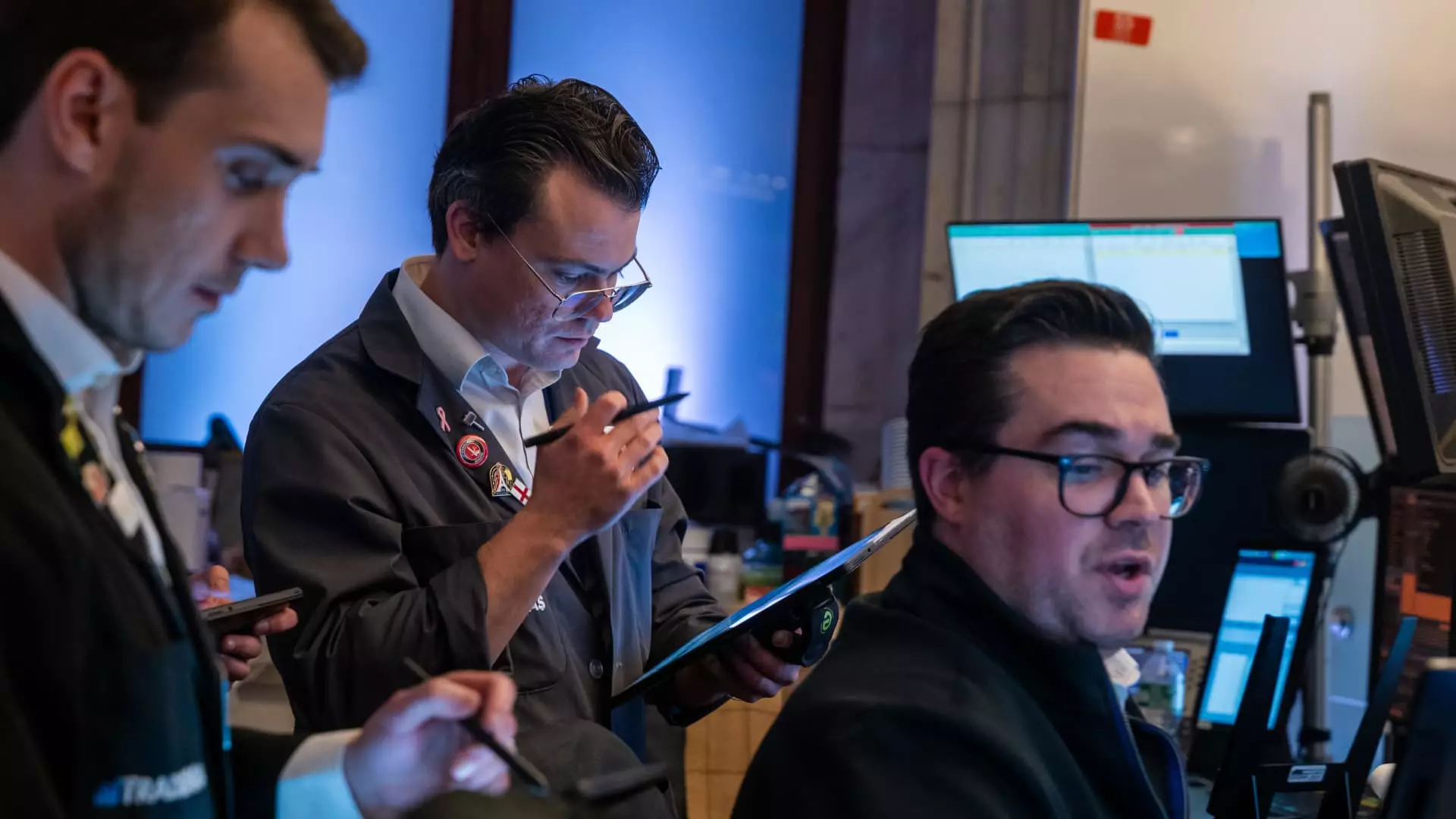Despite an expensive stock market environment, bullish sentiment among traders is on the rise, signaling a disconnect between valuation concerns and investor optimism. According to a recent quarterly survey conducted by Charles Schwab, which engaged 1,040 active traders, the proportion of optimistic traders has climbed to 51%, outpacing the 34% who identify as bearish. This trend is even more pronounced among younger traders under the age of 40, where bullish sentiment surged to 59%, compared to only 47% in the previous quarter. The increase in optimism could be seen as indicative of a potential continuation of the bull run, despite existing market valuation apprehensions.
Interestingly, a significant majority of the survey participants, about two-thirds, acknowledged that the market appears overvalued. This widespread recognition presents a paradox; traders are enthusiastic even while expressing concerns about a potential market bubble. James Kostulias, head of trading services at Charles Schwab, noted this dichotomy, remarking that while many traders perceive “froth” in the market, there remains a prevailing belief that there is additional room for upward momentum. This perfectly illustrates a psychological phenomenon in trading where investor behavior can defy fundamental valuations, leading them to overlook potential risks in favor of short-term gains.
Interestingly, more than half of the surveyed traders intend to increase their stock market investments in the first quarter, reflecting a willingness to bet against the odds. This high level of bullishness could indicate an ongoing confidence in the market’s ability to rebound, despite potential headwinds like economic slowdowns and recent volatility linked to policy changes under a new administration. Both the S&P 500 and the tech-heavy Nasdaq Composite have exhibited a slowdown after a remarkable two-year growth period, with the S&P 500 only managing a modest 1.3% increase for the year and the Nasdaq dipping into negative territory.
From a sector perspective, traders have expressed particular optimism towards energy, technology, finance, and utilities. These sectors historically tend to prosper during periods of deregulation, which many traders anticipate will be favored under the current administration. This predicts a shift in investment strategies toward sectors expected to perform well in favorable policy environments. Moreover, the survey revealed a noteworthy decline in the number of traders forecasting a recession in the U.S. economy, with only a third regarding it as “somewhat likely,” down from 54% in the previous survey.
In a further analysis of economic sentiment, the survey indicated that a significant number of traders do not foresee a resurgence in inflation. Approximately two-thirds believe that price pressures are likely to remain stable. This prevailing sentiment towards inflation reflects confidence in economic management, suggesting that traders are not bracing for drastic shifts in monetary policy or a sudden spike in costs.
While the market’s current high valuations raise eyebrows, the sentiment among traders remains notably optimistic. This situation underscores the complexities of market psychology, where confidence and caution exist simultaneously, painting a detailed picture of the current economic landscape.

